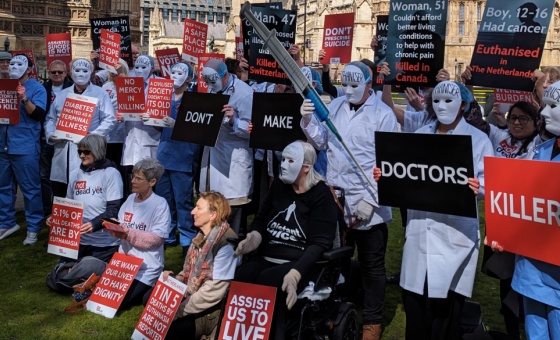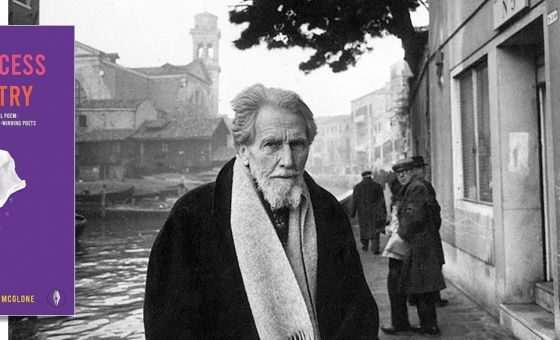SAM TARRY is to be congratulated on his decision as a Labour frontbencher to identify with RMT pickets.
Rail workers are striking for a principle. It is that working people should not have to pay for the speculative profits of oil and gas companies and the profiteers who have caused this crisis.
They are striking to defend jobs, safety and services — and in so doing they are defending us all. We should defend them. So should the Labour Party.
But Tarry has also opened a much wider question. He has called for working people to reclaim the Labour Party for its original principles — as moved at the 1899 conference of the TUC by a forerunner union of the RMT — and to return to the path set out under Jeremy Corbyn only a very few years ago.
This call is likely to prove controversial. Already the Bakers Union has disaffiliated. Calls are being made for other unions to follow suit.
A number of major unions, Unite and GMB, are proposing to further reduce funding and support.
Can the current Labour Party be saved? The past month has seen the publication of the Forde report exposing the determination of those who control the party machine to destroy the Corbyn project — even at the cost of losing the 2017 election and driving tens of thousands of members out of the party.
We have also seen the current leader, without any democratic mandate, rejecting the policy positions adopted in 2019 and — in the current inflationary crisis — effectively calling on workers to accept the biggest cut in real wages since the 1920s.
Mentioning the 1920s might give us pause for thought; didn’t Ramsay MacDonald, then-leader of the Labour Party, do roughly the same as Starmer in 1926 and again in 1931, before being defeated and defecting to the Tories?
The post-war Labour government maintained a ban on unofficial strikes right up to 1951, while Hugh Gaitskell tried, but failed, to remove clause four in 1960. Tony Blair did manage this but was ultimately succeeded by the socialist Corbyn.
So right-wing control is nothing new. Leftwingers in constituency parties and trade unions have always fought back and sometimes won — and in winning, secured decisive advance for working people, as in 1945 and 1974.
This may not be a conclusive argument. But there are three further points to be made.
The first is the difficulty, especially within our electoral system, of creating an alternative left-wing party. We have seen plenty of attempts — all have failed.
The second is the degree to which our rulers see dangers in a Labour Party supported by a mass trade union movement — the ferocity with which our rulers turned on Corbyn stands witness.
Even if the labour movement is smaller than it was, it is still bigger than in the 1920s and ’30s — and as a movement directly representing working people, can potentially turn to the left in face of attacks and crisis.
The third point follows on. The Labour Party may be gripped by the right — but our rulers are manifestly in crisis, split, trying to rescue the weakest economy in the G7 and now descending into a degrading internal war.
So let us remember two things. First, the degree to which the current struggles to defend living standards and public services, bigger than anything since the last war, is creating a new political generation.
Second, the people, mostly young, who formed the base of support for Corbyn are still there — and Labour in Wales and Scotland have officially backed the RMT pickets.
There is still a battle to be fought and Tarry is right to back it.











